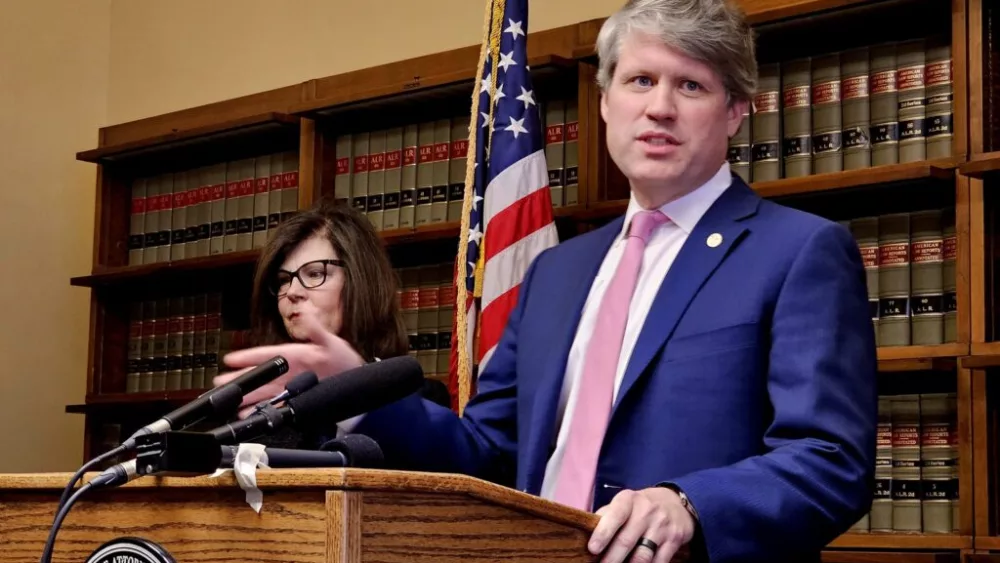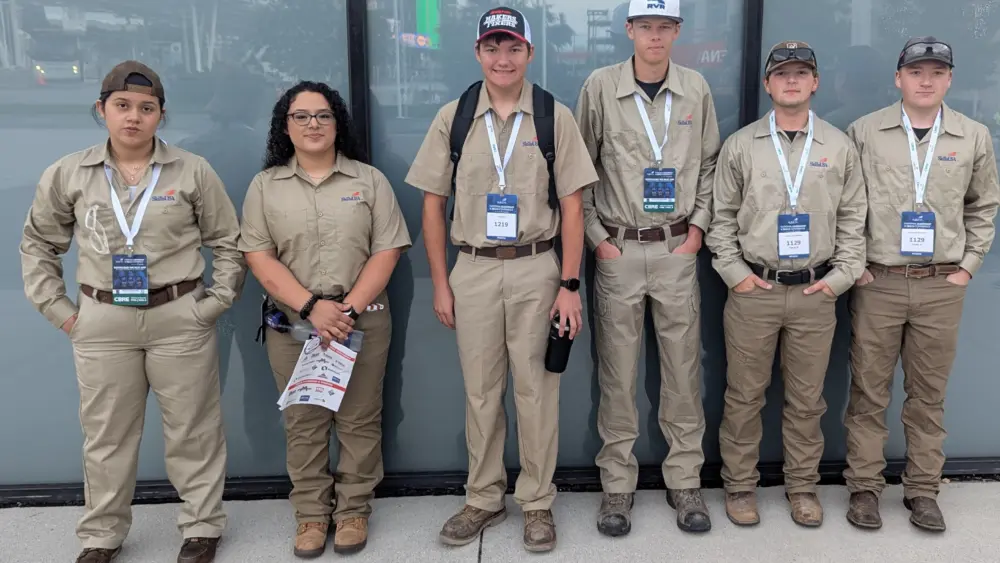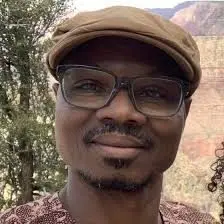A familiar face is back working with the Fremont Police Department.
Rachel Wesely is a mental health co-responder in a new program that the department has instituted.
“Rachel worked with us in the past on a grant that we had a couple of years ago and now she is with us full-time,” Fremont Police Chief Jeff Elliott said.
Wesely said the position was fairly new in the state when she first worked in Fremont.
“I was one of the very first ones in Nebraska,” she said. “That was through Lutheran Family Services. After that grant, I went to the Omaha Police Department and I worked in the northeast precinct there. But I felt like my heart was in Fremont. I said if there was ever a position here, I would be back. I just feel we have the best patrol here. I work with the best group of officers.”
Wesely said a lot of times when a call comes into 911, it is not necessarily a police department issue but rather people who are in need of resources (such as a therapist) or are just unable to meet their basic needs.
“I try to get people connected to those resources,” she said. “Also, we’re looking to reduce incarceration and unnecessary hospitalization. We’ve been very successful with that. We focus on the mental health issues at hand that have faced everyone, especially with the pandemic.”
Wesely will work with officers to de-escalate a situation.
“Sometimes people feel more comfortable talking to a therapist outside of uniform and sometimes people are more comfortable speaking to police,” she said. “I found it works really well that you can follow up with people, like their providers, if they are open to that after the call. Hopefully, we reduce some of those calls if people are getting their needs met.”
Elliott provides an example of where Wesely made a big difference in an ongoing issue.
“We had an individual who was calling 911 60 or 70 times a month,” he said. “He was an alcoholic. Police were over there multiple times and fire and rescue were over there all the time. It was little issues.”
The man would then go to the hospital. The hospital would discharge him and he would have no way of getting back to his residence.
“He was using police and fire resources,” Elliott said. “Rachel went out there and found him resources so he was not using police and fire. Ultimately, I believe he quit drinking and he hasn’t had any problems since.”
The chief said the mental health co-responder was a position that was needed.
“I can’t give you an exact number, but we have a large percentage of calls that are in one way or another related to mental health,” he said. “We run anywhere from 150 to 200 emergency mental committals a year so those were people we were actually putting in the hospital. We know that number decreased when Rachel worked for us before and we’re hoping to see that again in the future.”






